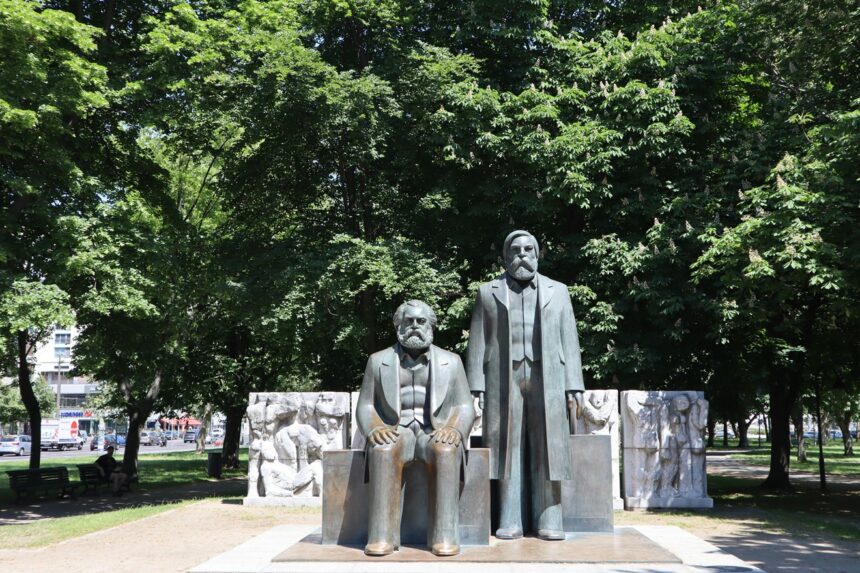Philosophy is the study of knowledge, existence and reality. Philosophers consider human existence in the ideas they put forward from aesthetics, nature, metaphysics, logic, knowledge and theory; that is why their teachings exist till today.
Philosophy influences fields such as science, politics and psychology including how we think. For instance, the ideology of Karl Marx on capitalism has inspired many economic and social movements. Also John Locke political ideas helped shape the constitution of the United States.
Below are the greatest philosophers of all time:
1. Aristotle
Aristotle is referred to as the first scientist in history. As one of the famous Greek philosophers, he was taught by another famous philosopher, Plato. Most of Aristotle’s works were on aesthetics, political theory, theories on plants and animals, rhetoric and philosophy of mind.
Out of about 200 treatises he wrote, 31 are still existing till today. Aristotle is widely adored for his principles of correct reasoning and methods of rhetoric which are logos (logic), pathos (emotions) and ethos (ethics).
2. Lao-Tzu
Lao-Tzu was the man who founded Taoism — it became the religion of the Tang dynasty in the 8th century. Taoism is about the coexistence of humans and animals in the universe.
Lao-Tzu believed a soul does not die but joins the universe after death. According to him, there is an energy that guides the earth. Until 1949, Taoism was one of the main religions in China but was banned when the Communist took over.
3. John Locke
John Locke lived from 1632 to 1704. His work on epistemology and political theory influenced the formation of the United States constitution. He worked as an academic in Oxford, researching medicine there.
He believed in the rights to life, liberty and property. According to him, the main reason governments exist is to serve its populace. Through his work, Locke laid the foundation for modern political liberalism and philosophical empiricism.
READ ALSO: 10 greatest scientists of all time
4. Karl Marx
Karl Marx (1818-1883) was one of the greatest German philosophers of his time. He developed Marxism in the 1800s, a philosophy that focused on political, social and economic theories.
Some of his most notable works such as the Communist Manifesto and Das Kapital explains the dynamics of capitalism and its effect on production, labour and economic development. Marx’s theories continue to influence the economic and political ideology of today.
5. Confucius
Confucius was a great philosopher from China that believed in living life in accordance with ethical and moral social standards. He founded a school of belief called Confucianism concerned with morality and personal ethics.
The principles of Confucianism are beneficence, non-maleficence, justice and respect for autonomy.
6. Ralph Waldo Emerson
Ralph Waldo Emerson was an American essayist, lecturer and philosopher that lived between 1803 to 1882. He strongly believed in the connection between God, man and nature.
Emerson’s works transformed society; his work, Self-Reliance emphasized individual intuition and judgment. His works are reflected in movements that emphasize environmentalism, personal development and self-discovery.
7. Immanuel Kant
Immanuel Kant is another great philosopher that lived between 1724 to 1804. He believed moral reason overrules any other sort of reason.
His notable works are Pure Reasons, Power of Judgement and Critiques of Practical Reason. His ideas serve as the basis for modern ethical and philosophical thought.
8. Epicurus
Epicurus was one of Greece’s greatest philosophers of all time. His ideology is very evident in modern hedonism. He believed that the aim of human life should be happiness devoid of mental disturbances and physical pain. To him, happiness is the best and that anxiety emanates from irrational desires which one can eliminate.
9. Socrates
Socrates is referred to as the founder of western philosophy. His works became known through the account of his students, Plato and Xenophon. He was a Greek philosopher that pioneered the ethical tradition of thought. The western philosophical thoughts were derived from his ideology.
10. Friedrich Nietzsche
Friedrich Nietzsche is another great German philosopher that impacted the west through his teachings that cut across history, science, art and culture. His idea that everything lacks meaning including life itself made him famous. This would later influence existentialist and surrealist movements — they built on his ideas. Nietzsche lived between 1844 to 1900.
WATCH TOP VIDEOS FROM NIGERIAN TRIBUNE TV
- Let’s Talk About SELF-AWARENESS
- Is Your Confidence Mistaken for Pride? Let’s talk about it
- Is Etiquette About Perfection…Or Just Not Being Rude?
- Top Psychologist Reveal 3 Signs You’re Struggling With Imposter Syndrome
- Do You Pick Up Work-Related Calls at Midnight or Never? Let’s Talk About Boundaries






